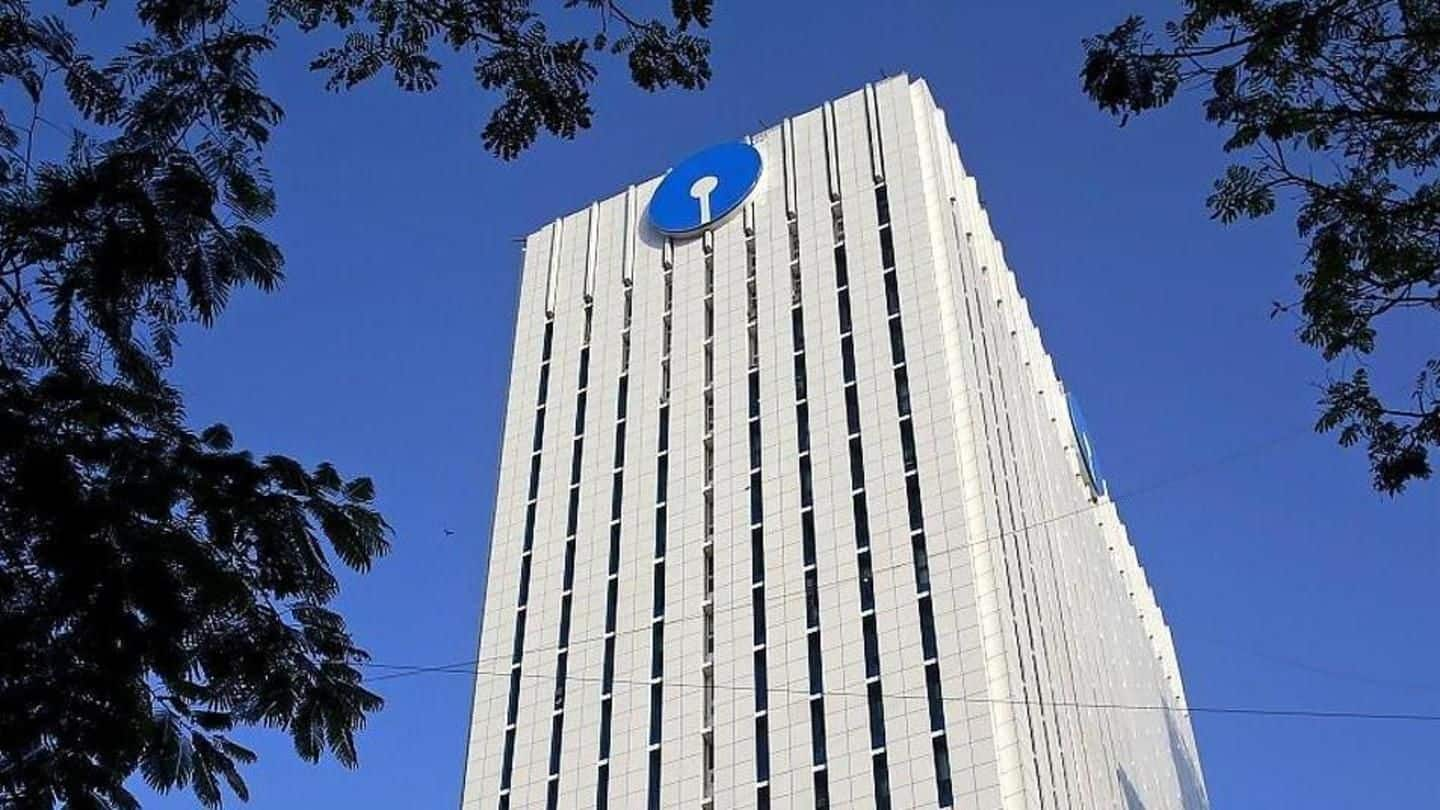
SBI won't share details of political-parties receiving donations through electoral-bonds
What's the story
The State Bank of India (SBI) has refused to disclose the details of buyers of electoral bonds, political parties which have redeemed the electoral bonds, and the bank's reports sent to the government on their sales.
SBI is calling it a personal information held by the bank in fiduciary capacity exempted from disclosure, a Right To Information (RTI) response revealed.
Details
Mumbai saw maximum donors to purchase electoral bonds from SBI
The details provided by the bank shows that in Mar'18, it sold bonds worth over Rs. 222cr while in April it dipped to Rs. 114.9cr.
Mumbai saw maximum enthusiasm among donors to purchase electoral bonds with Rs. 122cr of bonds being sold from the SBI main branch in the maximum city while in April it saw sales of Rs. 53cr, the RTI response said.
SBI response erroneous
Activist says SBI response denying information is 'patently erroneous'
Activist Venkatesh Nayak, who filed the RTI application, called SBI's response over denial of information "patently erroneous".
"CPIO is treating both the buyers of EBs and the political parties as being in a 'fiduciary relationship' with SBI! This is in complete violation of the Master Circular issued by the RBI regarding the basis of customer-confidentiality. Para #25 of the July'15 Master Circular," he said.
Master Circular
Circular says bank bound to maintain secrecy
The master circular said the scope of the secrecy law in India has generally followed the common law principles based on implied contract.
"The bankers' obligation to maintain secrecy arises out of the contractual relationship between the banker and customer, and as such no information should be divulged to third parties except under circumstances which are well defined," it said.
Contractual relationship
Nayak says SBI also in contractual relationship with customers
Nayak said when SBI is in a contractual relationship with customers, as per RBI Master Circular, its CPIO cannot claim the protection of "fiduciary" relationship which is a trust-based relationship having nothing to do with banking business.
"As the CPIO seems to believe otherwise, it is necessary now to bring the duty of disclosure, namely through the procedures of the RTI Act," Nayak said.
Quote
Bank has duty to disclose details to the public: Nayak
"This position has been clearly explained by the Supreme Court of India. More importantly, when the Finance Minister has repeatedly said that EB scheme is 'engineered' to make political-party funding more transparent, then, is there not a duty to the public to disclose?" Nayak questioned.
EB Scheme 2018
EB Scheme-2018 allows citizens to buy bonds for political donations
The government had notified the Electoral Bond Scheme 2018 on January 2, 2018, which allows a citizen to buy these bonds from the State Bank of India for extending donations to political parties.
The Electoral Bonds shall be encashed by an eligible political party only through a bank account with the authorized bank, the government had said in a statement.
Information
EB valid for 15 days from date of issue
The government said Electoral Bonds shall be valid for fifteen days from the date of issue and no payment shall be made to any payee political party if the Electoral Bond is deposited after the expiry of the validity period.